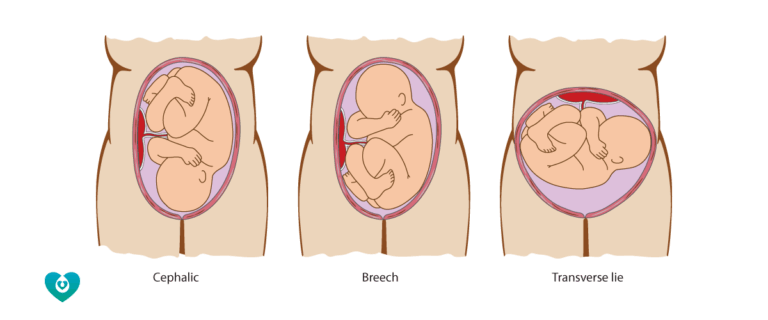(And Why It’s More Than Just Hormones)
Menopause is one of the most significant physiological transitions a woman will go through — yet it’s still one of the most under-discussed and under-supported. While hormone changes are at the root of most symptoms, the experience of menopause is far more than a lab value or a prescription.
At Acumamas, we’ve seen firsthand the difference that naturopathic medicine and acupuncture can make — not just in easing symptoms, but in helping women feel connected, resilient, and grounded during this time of change.
Why conventional Menopause Care often falls short
In many conventional settings, menopause care is often limited to prescriptions for hormone therapy or suggestions to “wait it out.” For some women, Hormone Replacement Therapy (HRT) can be transformative — but it’s not a one-size-fits-all solution, and it’s rarely paired with broader support for sleep, energy, mental health, and metabolism.
Menopause is more than estrogen loss. It can affect the nervous system, adrenal glands, thyroid, mood regulation, blood sugar balance, and more. A care model that only looks at hormone levels misses the bigger picture — and the opportunity to treat the whole person.
What’s really happening during Menopause?
Perimenopause, the transition leading to menopause, can begin as early as your 40s and last for several years. It’s a time of fluctuating hormone levels, especially estrogen and progesterone, which can cause physical and emotional shifts.
Many women report symptoms like hot flashes, sleep disturbances, mood swings, memory lapses, low libido, and joint discomfort. Others experience digestive changes, skin issues, or unexpected weight gain. These symptoms are real and can affect every part of life — but they are manageable with the right care.
How Naturopathic Medicine supports the Menopausal body
Naturopathic medicine views menopause as a natural and meaningful transition. Rather than simply suppressing symptoms, it focuses on supporting the systems that are now being asked to carry more of the hormonal workload — particularly the adrenal glands and thyroid.
Your naturopath may recommend lab testing such as the DUTCH test (Dried Urine Test for Comprehensive Hormones) or LifeLabs salivary panels to assess hormone patterns, adrenal health, and stress response. Based on those results, they may use herbs, supplements, clinical nutrition, and, when appropriate, low-dose bioidentical hormone therapy to restore balance.
This kind of care also emphasizes bone health, cardiovascular health, and cognitive function — all areas influenced by declining estrogen.
How Acupuncture calms the nervous system and balances hormones
Acupuncture is one of the most effective and evidence-supported natural therapies for menopause, especially when it comes to hot flashes, sleep disruptions, and mood regulation.
It works by helping the nervous system shift out of fight-or-flight mode, increasing parasympathetic tone (the “rest and digest” state). Regular treatments may reduce the frequency and intensity of hot flashes, improve sleep onset and quality, and help with irritability and anxiety. Unlike medication, acupuncture stimulates the body’s self-regulating mechanisms — making it especially valuable during times of hormonal transition.
Many women find acupuncture sessions to be one of the few places where they can rest, breathe, and reconnect with themselves during this chapter.
Why these approaches work better together
When naturopathic medicine and acupuncture are combined, women receive both the structural support (through lab testing, herbs, and targeted nutrition) and energetic regulation (through acupuncture and lifestyle alignment). This comprehensive approach often leads to better outcomes and a greater sense of resilience — physically, emotionally, and mentally.
The goal isn’t just to “fix” menopause. It’s to help you move through it with confidence, clarity, and care.
You deserve more than “It’s Just Hormonal.”
Menopause deserves care. At Acumamas, we support women through every chapter of reproductive life — and that includes this one.
Whether you’re newly perimenopausal, navigating post-menopause, or simply curious about alternatives to standard treatment, we’re here to help.






